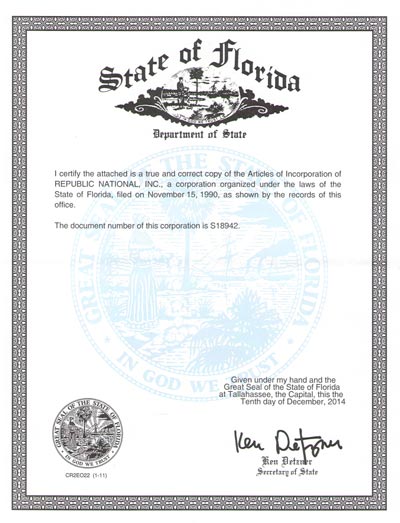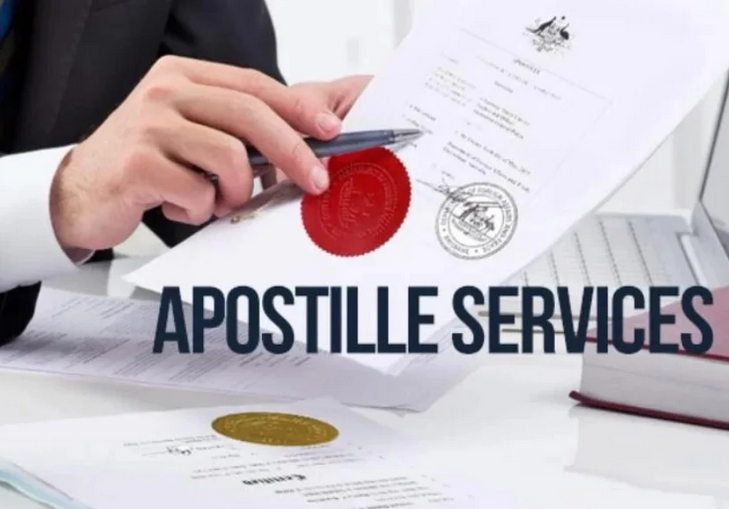Recognizing the Apostille Refine: A Comprehensive Guide to International Document Authentication
Browsing the intricate landscape of worldwide paper verification can be discouraging without a clear understanding of the apostille procedure. This overview diligently describes the needed steps, from recognizing which papers require qualification to sending them for verification by the Competent Authority. Realizing the value of an apostille and acknowledging prospective pitfalls, such as incomplete entries and language barriers, can substantially enhance the verification journey. What specifically specifies an apostille, and why is it so crucial for documents destined for Hague Convention nations? These questions create the foundation of our exploration into this vital lawful procedure.
What Is an Apostille?
An apostille is a main accreditation that verifies the authenticity of a record for use in another country. This qualification, provided by a marked authority in the nation where the file stemmed, guarantees that the record is recognized as valid and reputable in the worldwide sector. The procedure of getting an apostille includes several steps, including the confirmation of the paper's signatures, seals, and stamps by ideal governmental bodies.
The apostille offers as a globally recognized type of authentication, made possible by the Hague Convention of 1961. This treaty, formally known as the Hague Convention Eliminating the Need of Legalisation for Foreign Public Records, systematizes the process of document accreditation among participant countries. The apostille itself is a standardized certification which contains particular details, such as the providing authority, the native land, and the day of issuance.
It is essential to keep in mind that not all papers are qualified for an apostille. Normally, public papers like birth certifications, marital relationship licenses, court orders, and instructional diplomas get approved for this certification. Private records, such as agreements and arrangements, may call for notarization and additional steps to certify.
Significance of Apostille
Recognizing what an apostille is establishes the phase for appreciating its importance in global ventures. houston tx apostille. An apostille, basically a type of qualification released by a designated authority, verifies the authenticity of a record for use in international nations that are signatures to the Hague Apostille Convention. This standard process eliminates the demand for additional legalization by embassies or consulates, consequently improving worldwide deals
It ensures the credibility and acceptance of essential documents-- such as copyright, marital relationship licenses, and instructional diplomas-- throughout boundaries. For services, it assists in the smooth conduct of international trade, mergings, and acquisitions by supplying a relied on technique of paper confirmation.
Furthermore, an apostille improves legal safety and compliance. Federal governments and establishments can confidently rely upon the authenticity of papers bearing an apostille, alleviating Find Out More the threat of scams and misrepresentation. Therefore, the apostille acts as an important tool in advertising global collaboration and trust fund. Its role in cultivating efficient and secure international transactions highlights its crucial value in today's interconnected globe.
Records That Require Apostille
When involving in worldwide deals or legal matters, specific documents typically demand the authentication supplied by an apostille. This guarantees their acknowledgment and acceptance in nations that are notaries to the Hague Apostille Convention. Frequently, personal records such as copyright, marriage certifications, and fatality certifications require an apostille, particularly when they are utilized for processes like immigration, marriage abroad, or worldwide probate matters.
Educational records are one more category regularly requiring apostilles. Diplomas, transcripts, and scholastic documents often need this verification for objectives such as seeking more education and learning, work, or expert licensing in an international nation (houston tx apostille). This action assures that the papers are recognized as reputable and legitimate
Legal papers, including powers of lawyer, testimonies, and court orders, additionally typically demand apostilles. Service files such as certifications of incorporation, bylaws, and business contracts might need an apostille to promote worldwide trade, develop international branches, or take part in cross-border legal proceedings.
Actions to Obtain an Apostille

Acquiring an apostille entails a multi-step procedure that guarantees the authenticity and acceptance of your papers in international nations. The initial action is determining which papers need an apostille. houston tx apostille. Typical papers consist of birth her response certificates, marriage licenses, scholastic transcripts, and business papers
As soon as identified, the document must be licensed by the suitable providing authority. This may involve registration by a notary public or verification by a local or state authorities, depending on the kind of paper. After certification, the record ought to be sent to the marked Competent Authority in the record's native land. In the United States, for instance, this is generally the Secretary of State's office for every state.
The submission procedure normally calls for a completed application, the initial document, and a fee. Some jurisdictions might supply the option of expedited handling for an extra fee. Upon successful confirmation, the Competent Authority will affix the apostille certificate to the file, thereby verifying its authenticity.
Typical Obstacles and Solutions
Browsing the apostille process can provide a number of usual challenges that, if not appropriately resolved, might delay or make complex record verification. Each nation has specific needs for the kinds of files that can be apostilled, and any type of inconsistency from these can result in rejection.
An additional typical obstacle is recognizing the different processing times. Processing times can vary dramatically in between countries and even in between different areas within the same country. It is necessary to represent these variants when intending the apostille procedure to prevent unforeseen delays.
Additionally, language barriers can posture substantial barriers. Papers in a foreign language frequently require my site certified translations, and any kind of mistakes in translation can result in further complications. Involving an expert translation service can minimize this danger.

Verdict
Mastering the apostille procedure considerably enhances the effectiveness of international paper verification. By comprehending the need of identifying and licensing required records, and navigating the entry to the Competent Authority, the process ends up being more workable.